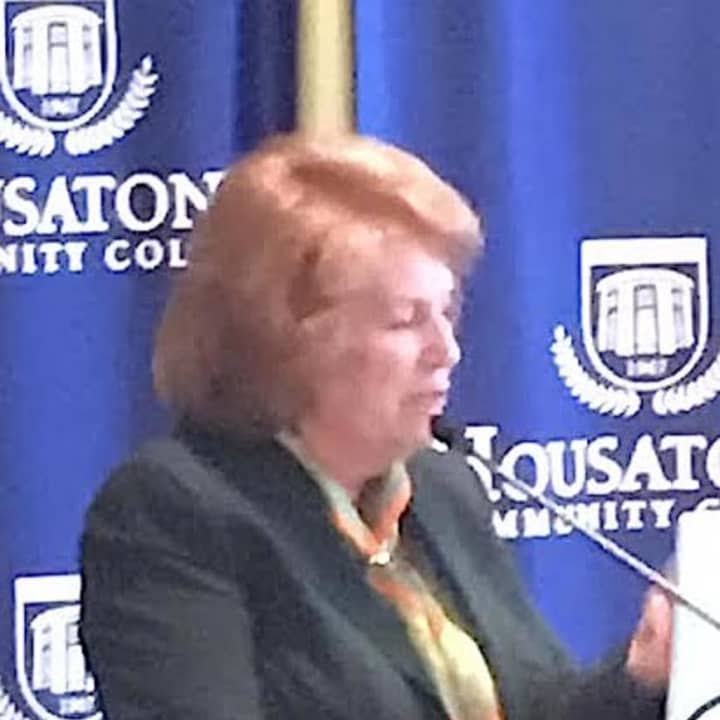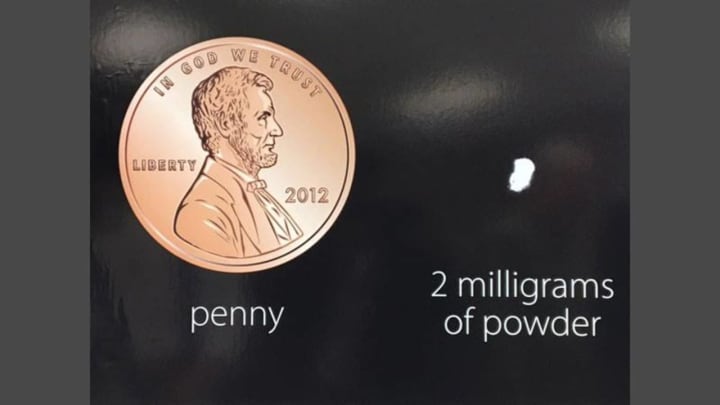"The crisis is very real," Gill said. "It is not exaggerated. We have the numbers to prove it."
Last year, a total of 917 accidental overdose deaths were recorded in Connecticut — an 86 percent increase over the previous year and up from 495 in 2013, he said.
Of those, 853 overdoses, or 93 percent, involved opioids and 483, or 57 percent, involved fentanyl, a synthetic opioid.
The numbers look even worse for this year. So far, there have been 565 suspected accidental overdoses in the first half of the year. Gill said his offices sees two to three overdose fatalities per days, and sometimes five or six.
“More people died from overdoses than died from homicides, suicides, and motor vehicle collisions combined” last year in the state, he said.
He spoke at an event organized by U.S. Sens. Chris Murphy and Richard Blumenthal that was attended by over 150 people, including other lawmakers, police, EMTs, doctors and other experts who work to fight addiction.
The keynote speaker was Dr. Bertha Madras, a professor at Harvard Medical School and a member of President Donald Trump’s Commission on Combatting Drug Addiction and the Opioid Crisis.
Madras spoke on the history of opioid addiction in the U.S., counting off celebrities who died of opioid overdoses — from Heath Ledger and Elvis Presley to Michael Jackson and Anna Nicole Smith. She quoted Oliver Wendell Holmes: "Alas for those that never sing, But die with all their music in them! Nay, grieve not for the dead alone, Whose song has told their hearts' sad story,-- Weep for the voiceless, who have known, The cross without the crown of glory! "
The opioid epidemic began in three decades ago, as the medical community changed how it treated pain, she said. As pain became a "fifth vital sign," pharmaceutical firms began to aggressively market painkillers directly to patients. Opioids, once seen as an ineffective way to treat long-term pain, became the go-to treatment for millions despite the dangers of addiction and overdose, Madras said.
After her eloquent start, Madras, too, rattled off a series of alarming statistics and facts in the opioid crisis.
In 2015, there were 33,000 deaths from opioid overdoses nationwide, she said, or about 91 people every single day. The U.S. leads the world in opioid deaths.
“We are a nation awash with opioid pills,” Madras said.
Click here to follow Daily Voice New Canaan and receive free news updates.



